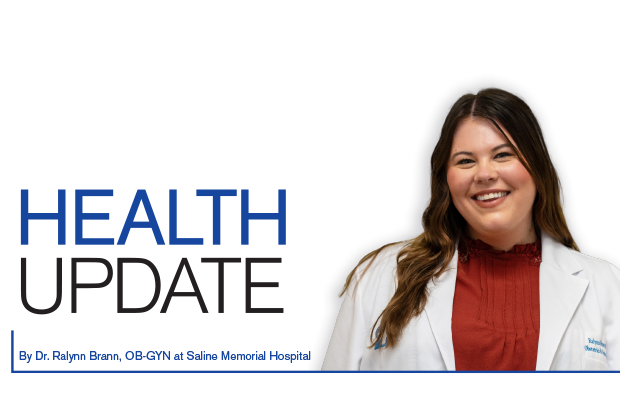What to Know About Your Mammogram

October is Breast Cancer Awareness Month—a time for all of us to acknowledge the impact breast cancer can have on our lives, and to learn about the ways we can keep ourselves healthy. Breast cancer is a health risk for many people, with one in eight women expected to develop the disease during her lifetime.
Thankfully, breast cancer is very treatable if detected early. For women who are at risk, scheduling screening mammograms on a regular basis is an essential part of managing your health.
This October, add Breast Cancer Awareness Month to your calendar, and ask your provider if it’s time for your mammogram. Here’s what you need to know about this potentially life-saving screening.
What is a Mammogram?
A mammogram is a low-dose x-ray of your breast, designed to spot abnormalities that may be signs of cancer. Once it reaches a later stage, breast cancer might feel like a small, hard lump in your chest, but in early stages it may feel like nothing at all. By scheduling preventive screenings, you are more likely to detect breast cancer in these early stages, when treatments are most effective.
When Should I Get a Mammogram?
Most women should get their first mammogram at age 40. After that, you should schedule a mammogram every one to two years, depending on your age, genetic history, and other risk factors. Women who are at a higher risk of cancer should be screened each year, while women who are 55 or older may only need to get their mammogram every two years. Ask your primary care provider what screening schedule is right for you.
What Happens during My Mammogram?
When you arrive for your mammogram, you will undress from the waist up and change into a gown. Make sure not to wear any deodorants, lotions, or perfumes on your upper body on the day of the exam, as these may interfere with the screening process.
A female technician will help you position your breasts one at a time between two plastic imaging plates. These plates will gently squeeze your breast, flattening the tissue as your technician takes x-ray pictures from multiple angles. This process will take 20 to 30 seconds. You may feel some discomfort, but it’s important to remain in this position as it allows for clearer images using less radiation.
Once your screening is complete, a radiologist will review your x-rays and send your doctor a report. If your doctor spots something unusual, they may request a second mammogram or a breast ultrasound.
Remember: most suspicious findings aren’t cancer. It’s common to get unusual findings after your first mammogram, because your doctor doesn’t have previous images for comparison. Often, an unusual finding is just a spot of dense tissue or the result of an unclear image.
If this is your first mammogram, don’t worry! Some women feel concerned that the screening will be painful, but today’s medical equipment is designed to make your experience as comfortable as possible. Celebrate Breast Cancer Awareness Month by scheduling your mammogram this October and know that you’re taking an important step in managing your breast health for the years to come.
To make getting a mammogram as convenient as possible, we are hosting our annual Bosom Buddies Bash event from 2 p.m. to 6 p.m. on Tuesday, October 22. The hospital’s breast imaging team will be doing mammograms with extended hours, and you can get free pampering, like facials and hand treatments. You will also have a chance to win prizes and to judge the hospital’s pink pumpkin decorating contest, which benefits the American Cancer Society.
For more information on
the Bosom Buddies Bash event,
follow our Facebook page at
SalineMemorial.org. To schedule your mammogram, speak with your primary care provider or call us at 501.776.6820. If you don’t have a primary care provider, contact 501.387.0163 to get connected with care. ν
About Saline Memorial Hospital
Saline Health System is made up of Saline Memorial Hospital, a 177-bed acute care facility, and Saline Clinics, a network of both primary care and specialty care clinics. The hospital is accredited through The Joint Commission for meeting quality and safety standards, the American College of Cardiology as a Chest Pain Center with Primary PCI, the MBSAQIP as a bariatric surgery center, Optum in the Bariatric Centers of Excellence network, CARF as a rehabilitation center, and the AASM as a sleep center.
For more information about Saline Memorial Hospital, please call 501.776.6000 or visit SalineMemorial.org. For more information about LifePoint Health, visit LifePointHealth.net.









1 comment